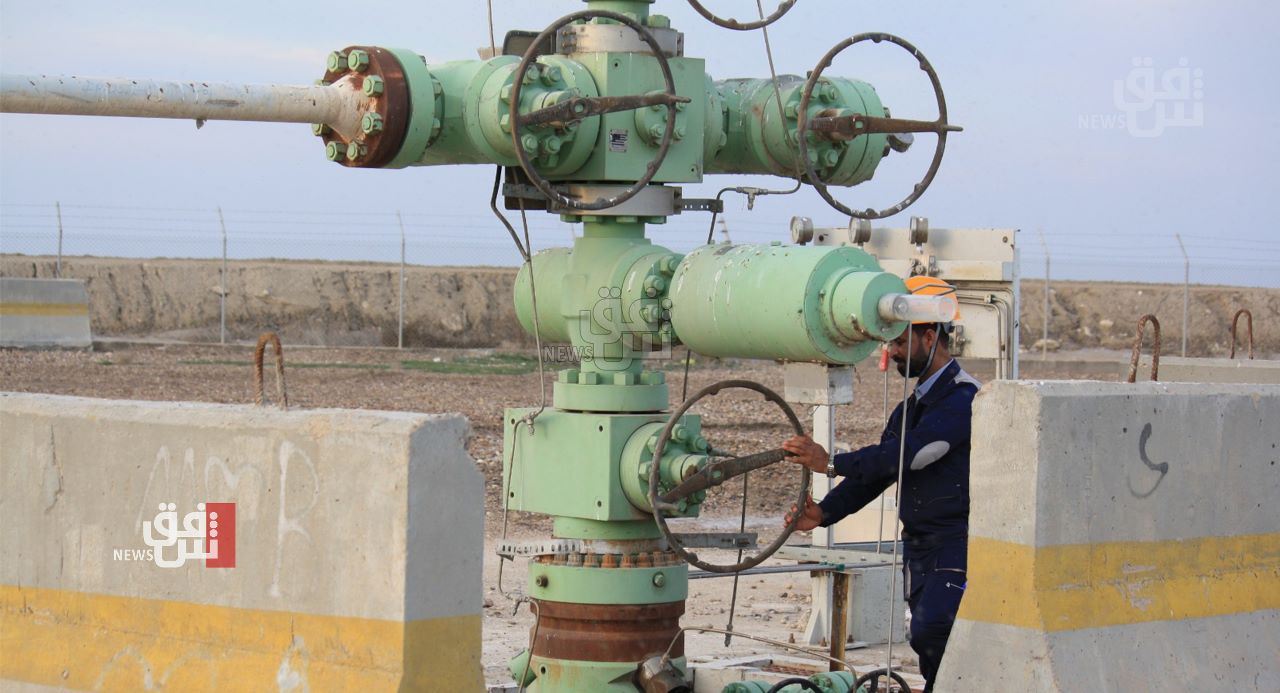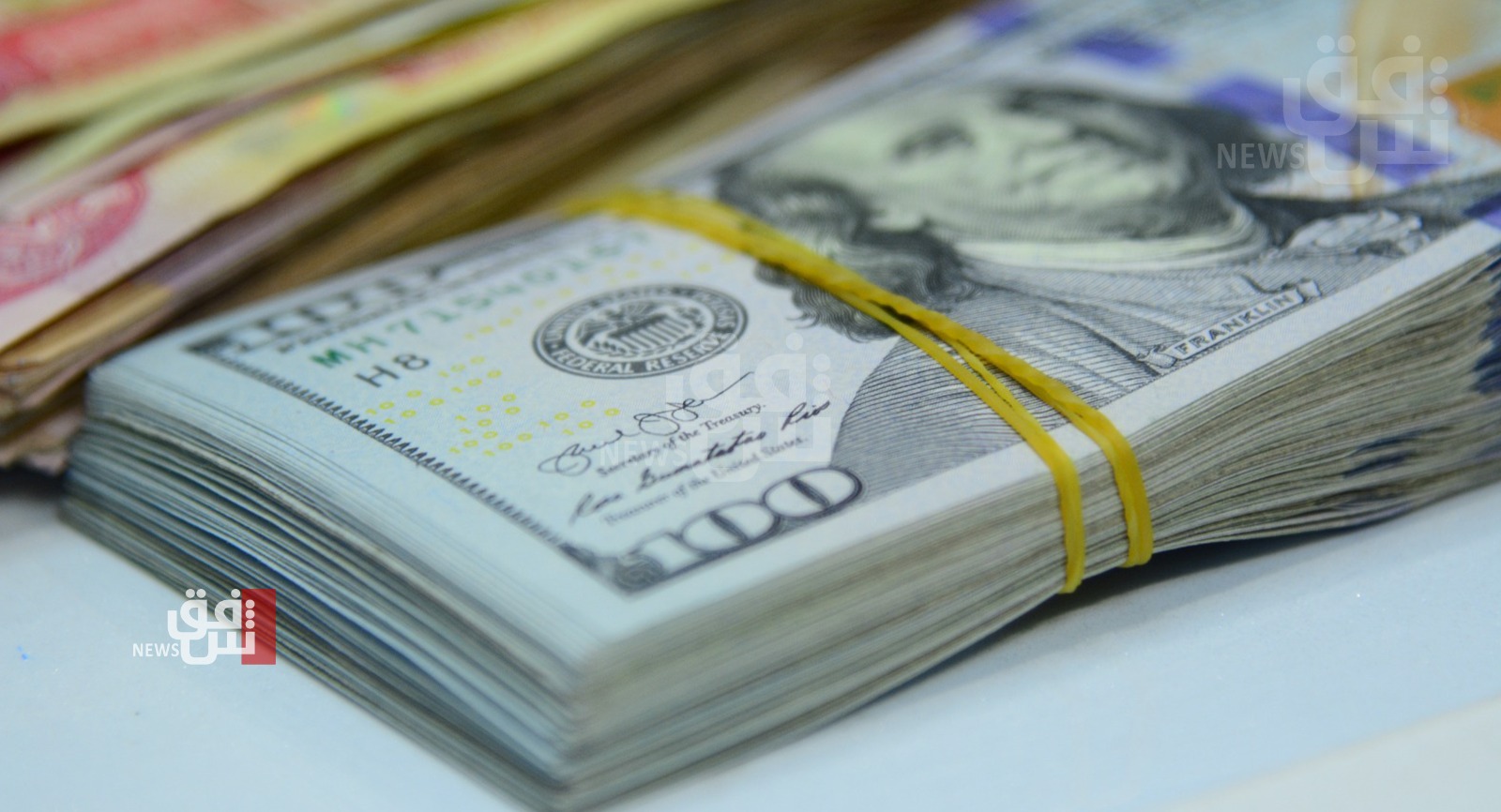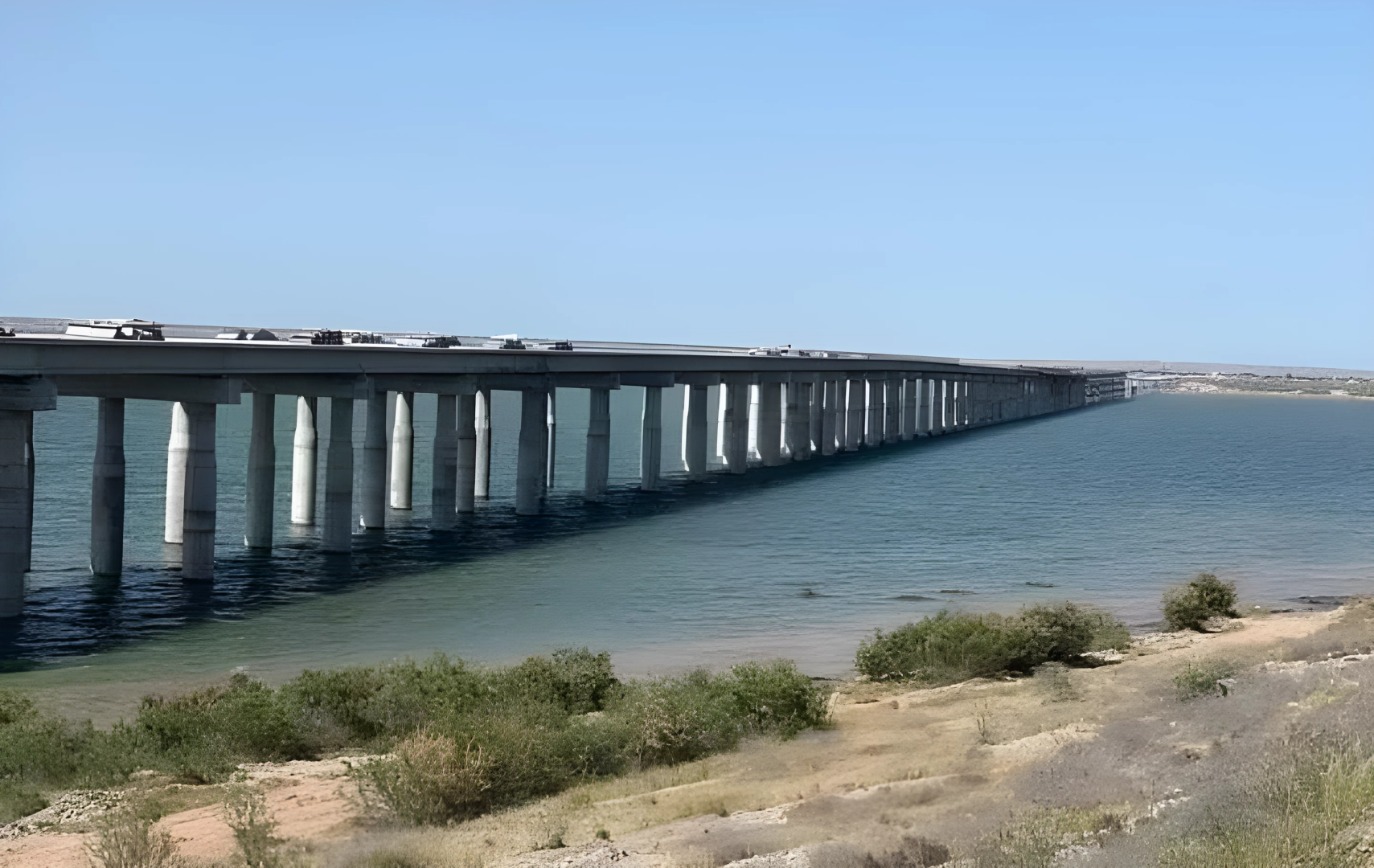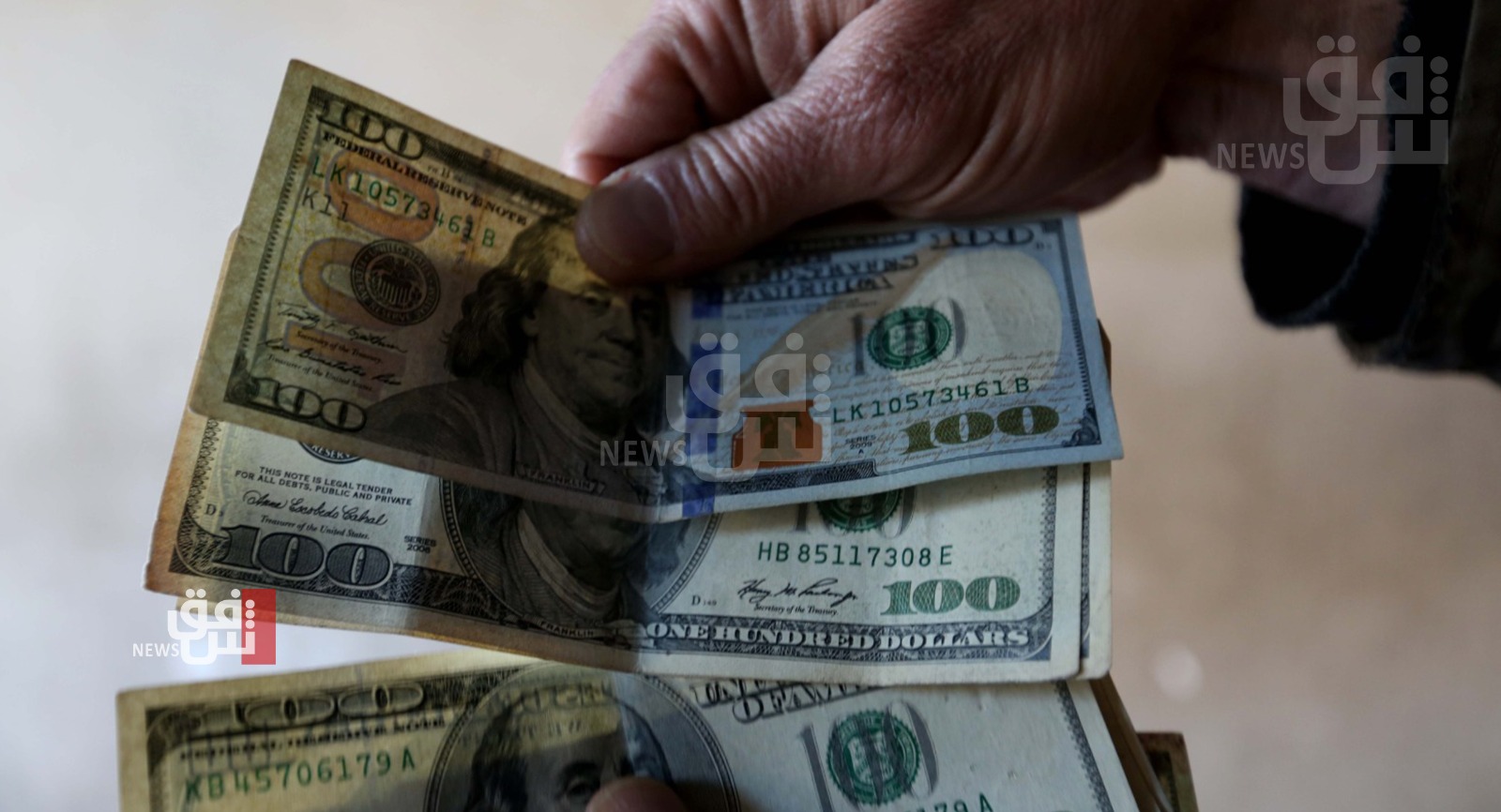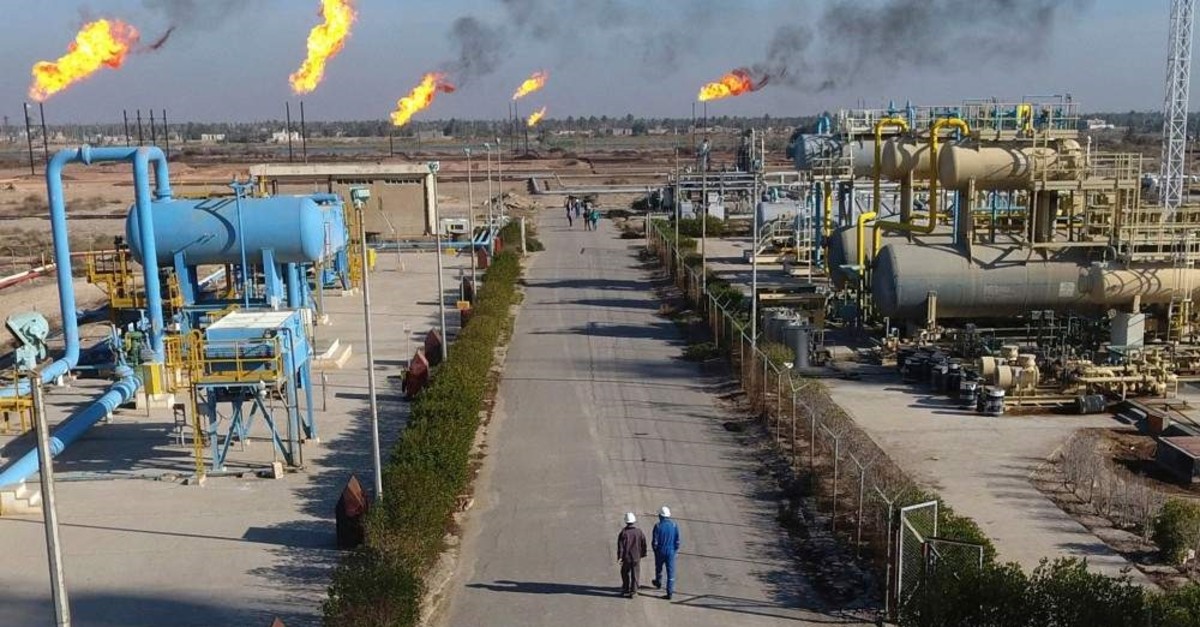Iraq proceeds with building its first large solar panel
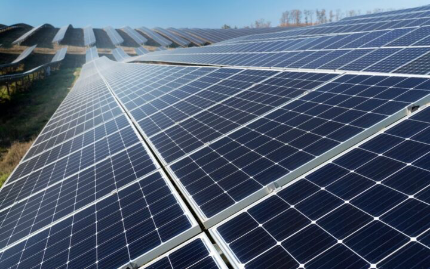
Shafaq News/Iraq is finally proceeding with the country’s first big solar power plant as the government seeks to step up efforts to combine renewable energy and reduce gas flaring from oil operations.
French energy major TotalEnergies will build a 1-gigawatt solar power plant in Iraq as part of a cluster of contracts it was awarded in 2021 for an integrated project that entails a total investment of $27 billion over 30 years. The other contracts are for the development of the Ratawi oil and gas field and the establishment of a gas hub to handle flared gas from a number of southern oil fields. The contracts also cover a water intake project for injection into oil reservoirs.
Utility-scale solar power project
The solar power plant will be Iraq’s first utility-scale solar power project. While the country has several other solar plans in the pipeline, the TotalEnergies project is the first to proceed to the implementation phase.
In April, the French company announced on its social media feed that it had signed land and interconnection contracts for the Ratawi solar plant. These cover the construction of a 180-km overhead transmission line to connect to the electricity grid in Basrah and the installation of a substation.
TotalEnergies said the plant will be “one of the largest clean solar power plants in the Middle East and North Africa region.” The facility will supply clean electricity equivalent to powering 350,000 homes. The plant should be complete by 2025 over four stages.
These projects are moving forward now largely because Iraq is experiencing a rare period of political stability, allowing the government of Prime Minister Mohammed Shia Sudani to proceed with a number of delayed energy projects.
Iraq’s inadequate electricity supply has been a drag on economic growth and a source of social instability. The problem is getting worse as the electricity supply is unable to meet rising demand due to rapid population growth. To make up the shortfall, Iraqis have had to resort to private generators that are expensive and cause pollution.
According to the specialist publication Iraq Oil Report, citing a senior Electricity Ministry official, the current electricity demand in Iraq is 15 gigawatts, outstripping the supply of 14 gigawatts. The gap is wider during the peak summer months, when demand can rise to 42 gigawatts against the supply of 25 gigawatts, forcing Iraq to import gas and electricity from Iran. However, supplies have often been erratic or halted during peak demand periods in Iran.
In October 2023, Sudani announced a target of meeting one-third of Iraq’s electricity needs from renewable energy sources by 2030. Based on current demand trends, this would require the development of around 18 gigawatts of renewable energy capacity. However, Iraq has a long way to go before it achieves its target. According to the latest statistics by the International Renewable Energy Agency, it had just 1,599 megawatts of renewable energy capacity at the end of 2023.
Unleashing Iraq’s solar potential
Iraq has abundant untapped solar resources that could allow it to achieve its target and reduce reliance on imports of electricity. Additionally, the cost of electricity powered by solar energy is lower than that of oil- or gas-fired energy.
Iraq’s solar plans announced in November 2021 call for the addition of 12 gigawatts of solar capacity by 2030. Some 7.5 gigawatts of the planned solar capacity are to come from utility-scale solar plants, and Iraq has reached agreements with developers – at varying stages – for projects that will add 4.5 gigawatts of the total. So far, only 2.3 gigawatts have been approved and are ready to move to the construction phase, with the rest still pending.
In addition to the TotalEnergies solar project, other plans include a two-stage 750-megawatt plant in Muthanna province which the Chinese state firm PowerChina will deliver. Moreover, a consortium led by Iraq’s Al-Bilal Group will deliver two projects, at a total of 525 megawatts.
Baghdad’s 2021 updated nationally determined contribution submitted to the United Nations Framework Convention on Climate Change is dominated by energy sector targets. Iraq’s goal is to reduce greenhouse gas emissions by 15 percent by 2030. Reaching 13 percent is conditional on Iraq receiving $100 billion in financing from investors and financial institutions.


